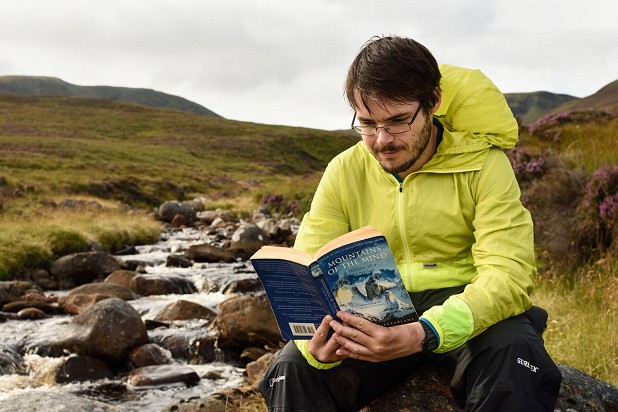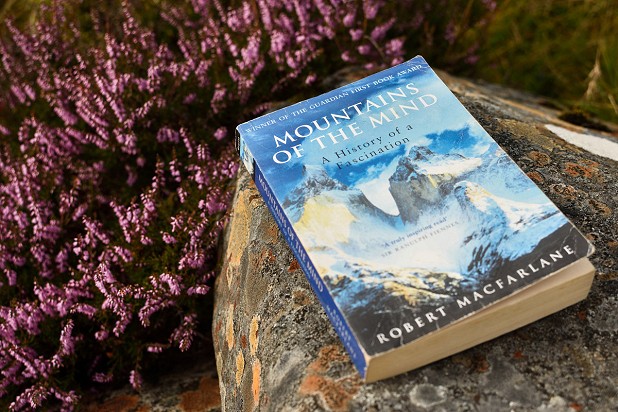Mountain Literature Classics: Mountains of the Mind
Three hundred years ago, most people in Western Europe paid little attention to mountains, unless one got in their way when travelling from A to B. But a revolution in thinking gathered steam in the late 18th century, and its legacy walks with us today whenever we ascend a rock climb, reach a remote summit, or just go for a walk in the Lake District. 'Mountains of the Mind: A History of a Fascination' by prolific new nature writer Robert Macfarlane tells the story of how mountains transformed in human thought from inconvenience and danger to the ultimate symbols of natural beauty.
This is by no means the first book to analyse the history of mountaineering through the lens of this cultural shift – it's a subject almost as old as mountaineering itself. Reviews of the book when it was first published in 2003 sometimes mentioned that it trod well-worn ground and added little new in terms of historical insight or analysis. What makes this one different – and qualifies it as a modern classic of mountain literature in my view – is that this was the first book by Robert Macfarlane, now established as one of the pre-eminent nature and landscape writers of our time.
This author brings a more personal and engaging voice to the subject. He's an enthusiastic low-grade mountaineer and lifelong hillwalker, and his writing about mountains is both sensual and incredibly evocative. The history, science and literary analysis is interspersed with bursts of insight into the author's own experiences in the mountains. In some respects it's as much a history of post-enlightenment imagination as it is a history of mountaineering, but the two are intertwined.
For me, what makes 'Mountains of the Mind' great is its accessibility. Other books examining the rise of mountaineering – and the extent to which romanticism continues to influence our relationship with mountains – may offer a better grade of scholarly analysis, but few have told the story as well as 'Mountains of the Mind'.
Events that took place in the long-distant past are conjured to life almost as well as any novel. For example:
There was, observed many of the visitors to the Glacier des Bossons, something frighteningly improper about its location, the way it made its slow and violent way down into the valley, leagues below its rightful altitude. Life had to go about its business in the shadow of this truculent, almost obscene, mass of ice; peasants had to gauge its likely career and build their huts and houses out of its way. The glacier got many of them anyway, for they drank its meltwater on a daily basis, thus silting up their kidneys and causing goitres to flourish beneath their chins.
So why does this book have an enduring popularity? In his original review, renowned outdoor writer and editor Ed Douglas said:
… while Antarctica even now exists for most of us purely in the imagination, mountains are a more common currency. Simply put, more of us have more to say about them. Macfarlane argues that romanticism continues to dictate our responses to mountain landscapes. 'Those who travel to mountain tops,' he writes, 'are half in love with themselves, and half in love with oblivion.'



